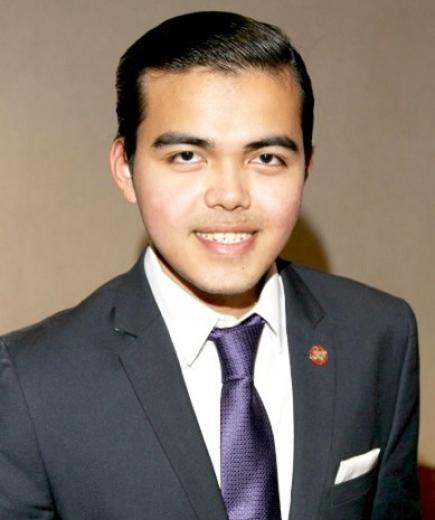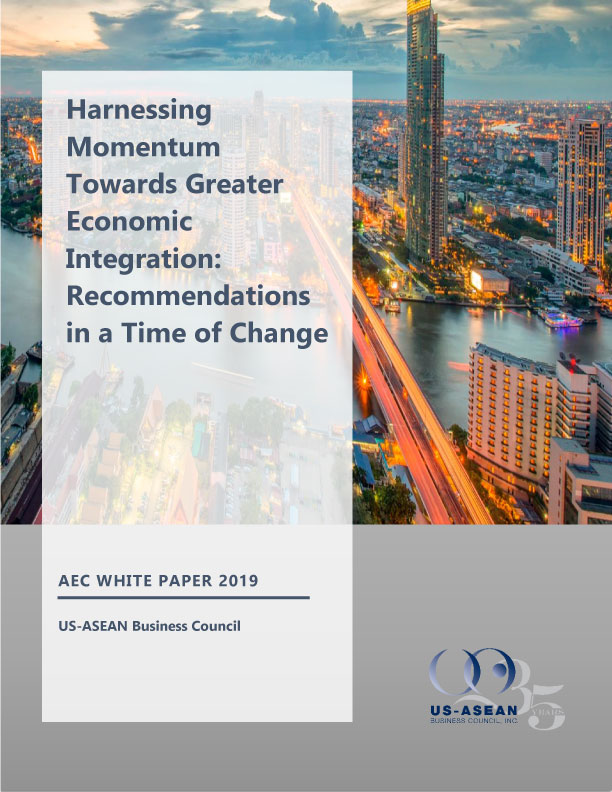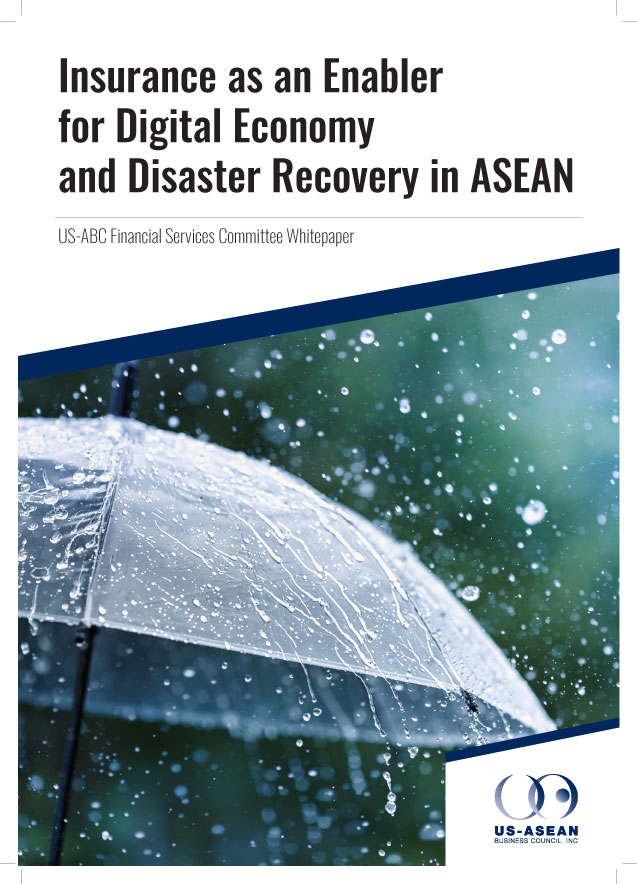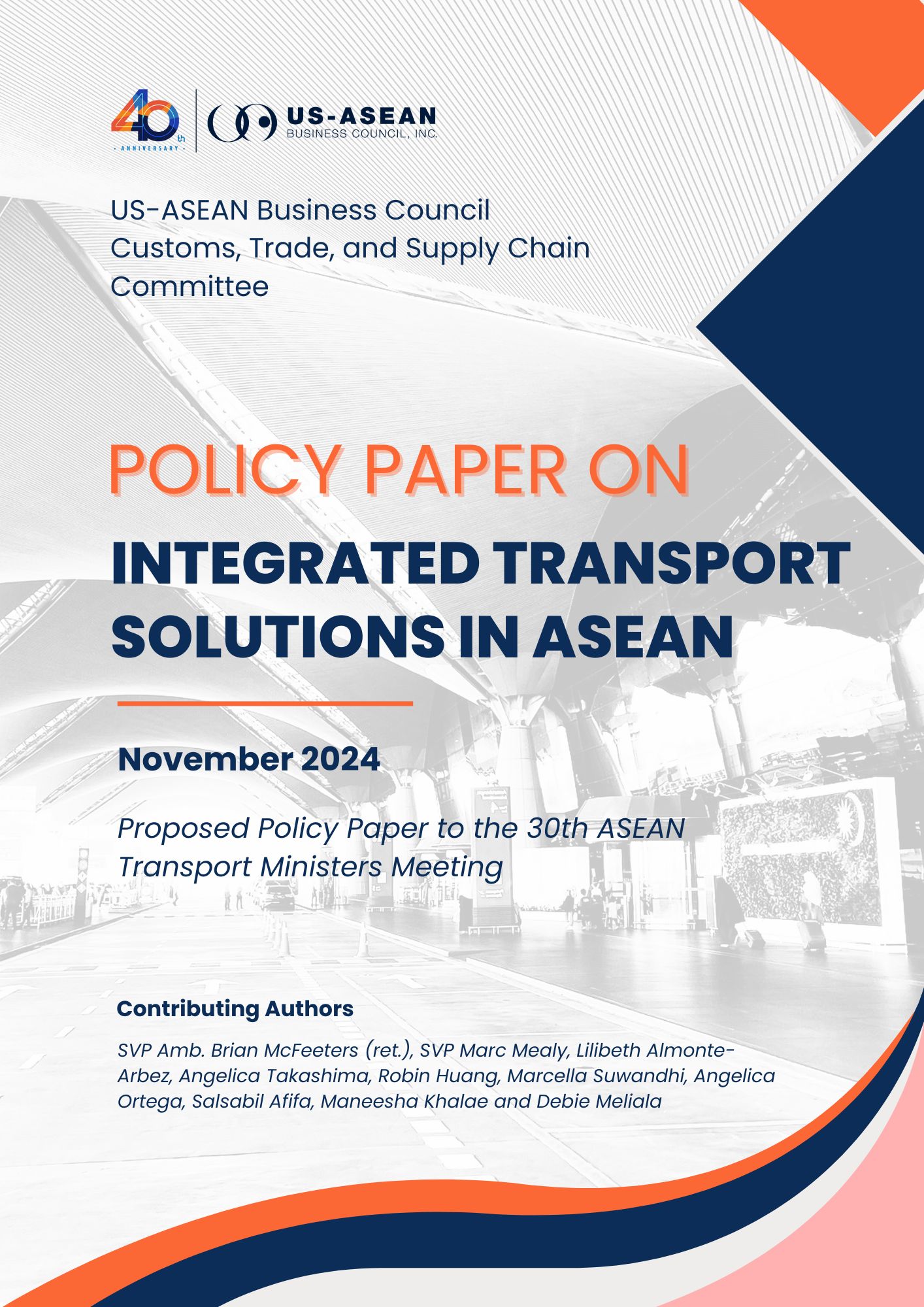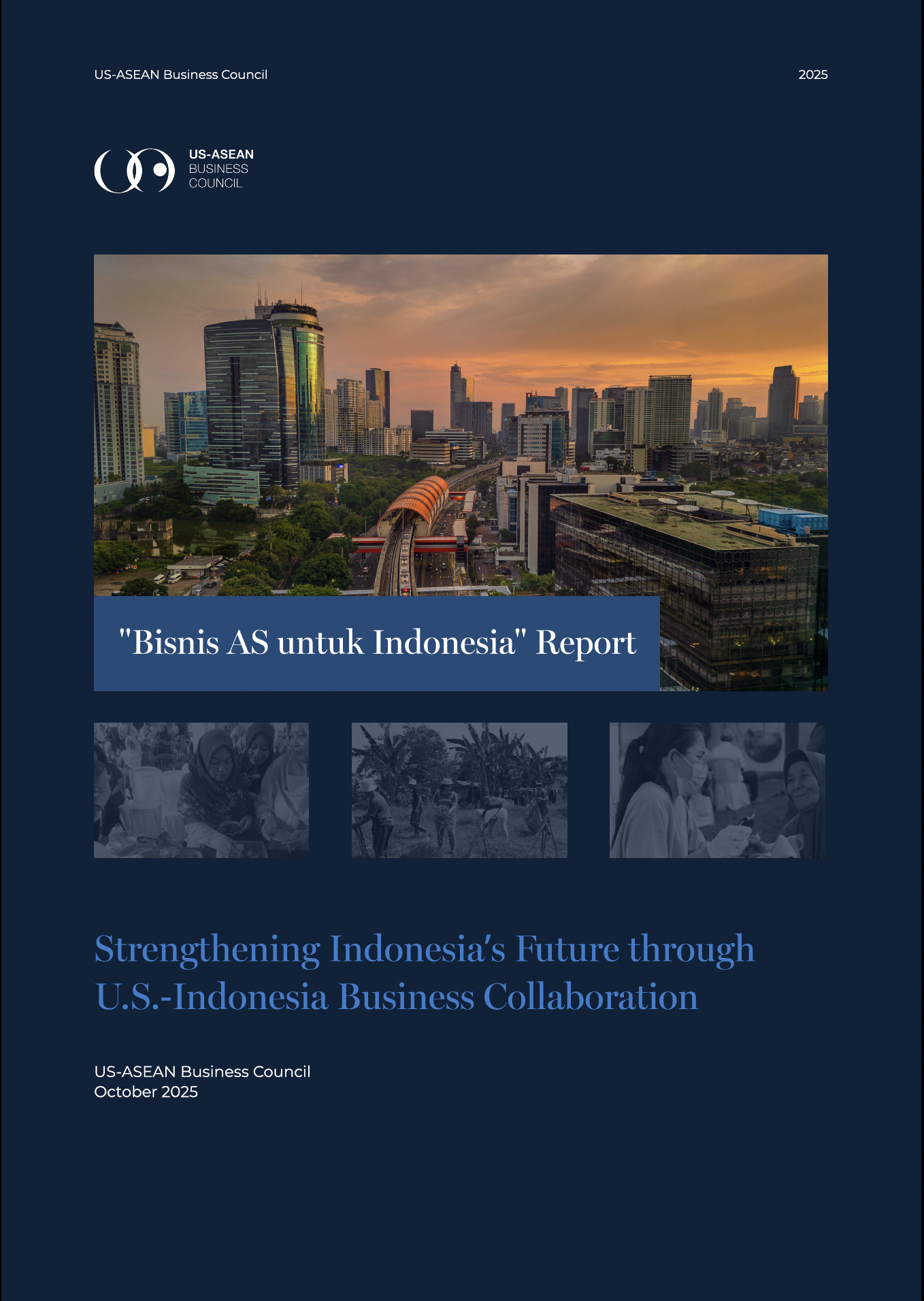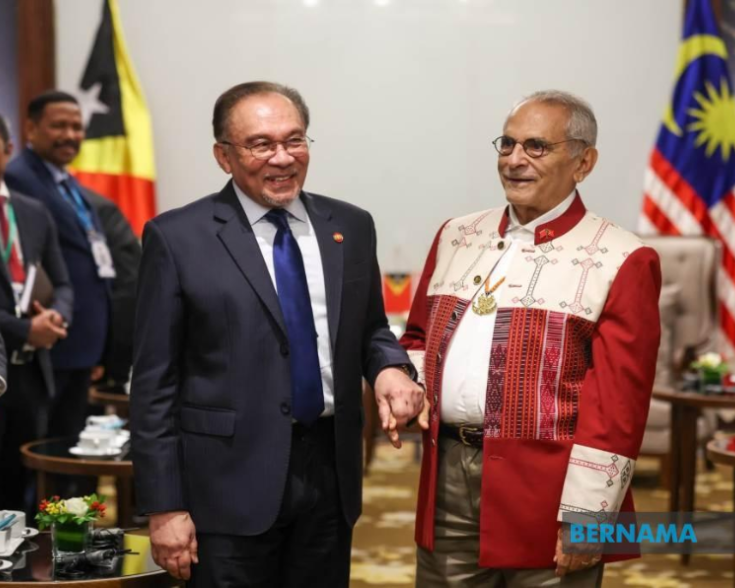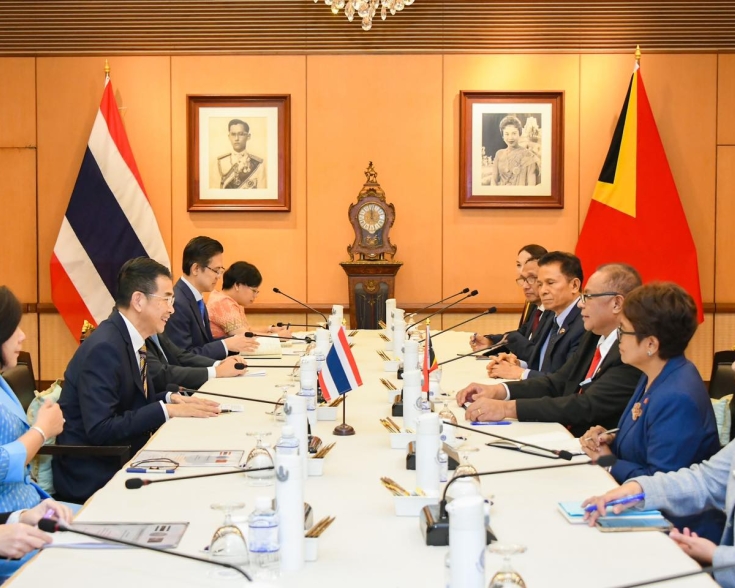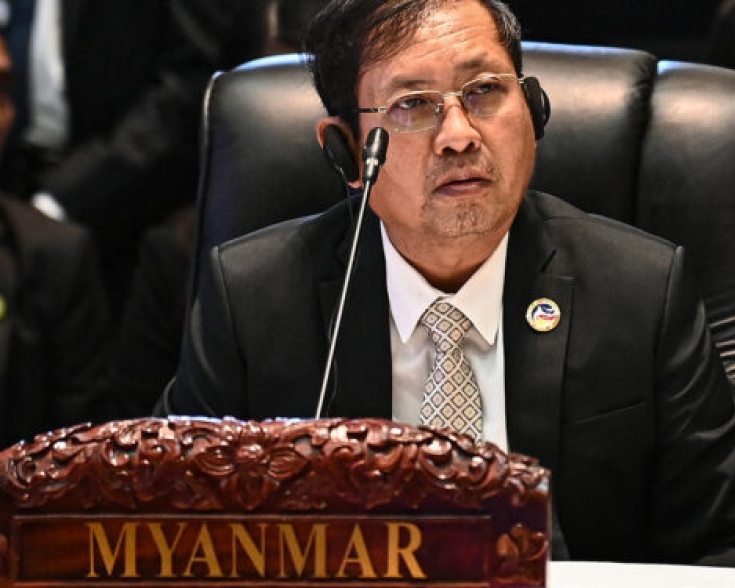Myanmar 2025 General Election: Key Milestones
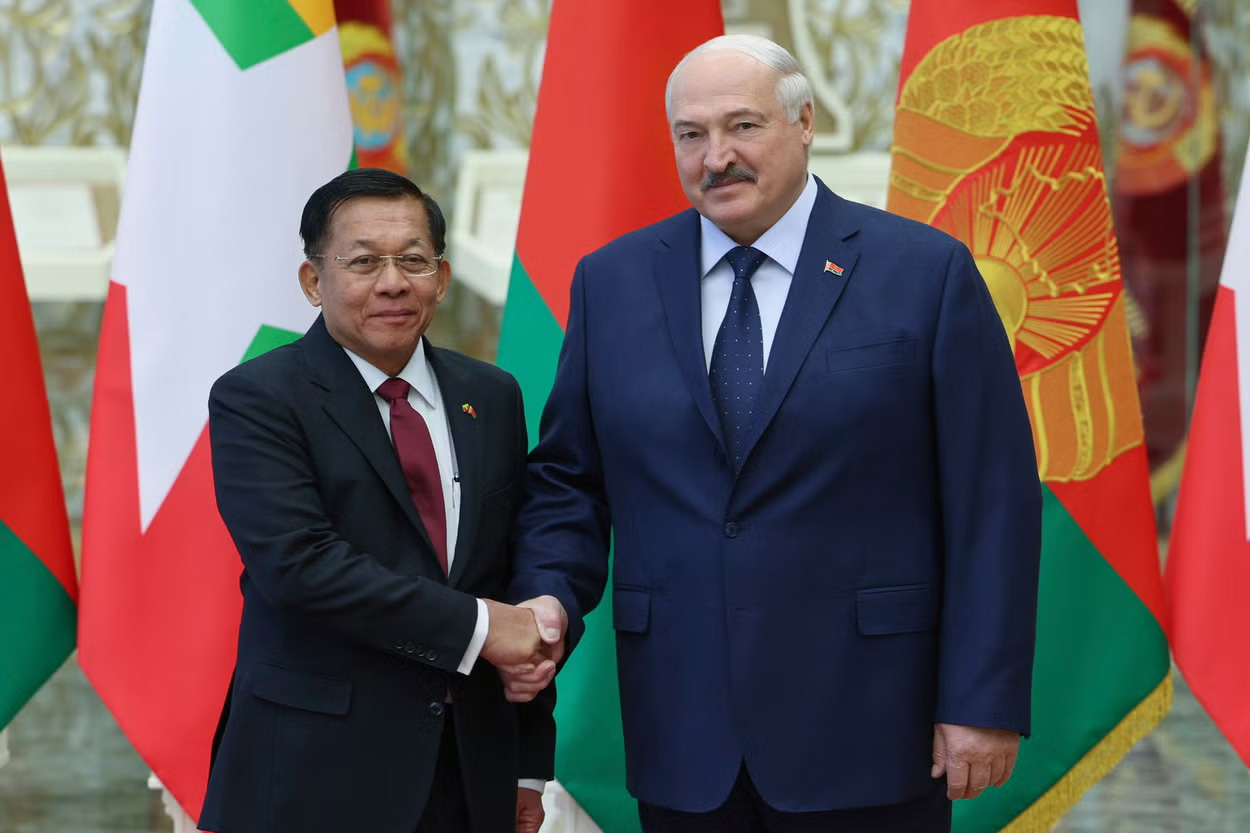
October 1-15, 2024 – Population and Housing Census Conducted
The Ministry of Immigration and Population, under the State Administration Council (SAC), conducted a population and housing census in only 145 out of 330 townships to update voter lists. The preliminary data indicated a population of approximately 51.3 million, slightly lower than the 51.5 million recorded in the 2014 census. The total includes 32.2 million people counted during the census and an estimated 19.1 million people in areas that could not be accessed due to security and transportation issues.
March 8, 2025 – Election Timing Announced for the First Time
Senior Gen. Min Aung Hlaing, the then-prime minister and chairman of the State Administration Council (SAC), announced in a press conference during his visit to Belarus that the election would take place either in December or January 2026 at the latest.
March 26, 2025 – Election Scheduled in Four Phases
The Office of the Commander-in-Chief of Defense Services, led by Senior Gen. Min Aung Hlaing, issued a statement outlining that the election would take place in four phases. The provisional schedule set the election for the third and fourth weeks of December 2025, and the first and second weeks of January 2026.
July 30, 2025 – New Electoral Law Enacted
The State Administration Council (SAC) enacted the Law on the Protection of Multiparty Democratic General Elections from Obstruction, Disruption, and Destruction. The law stipulates that security committees will be established to monitor the activities of both domestic and international organizations that may pose a security threat during the election period. It states that anyone who lectures, speaks, organizes, incites, protests, or distributes letters with the intent to disrupt any part of the electoral process shall be subject to imprisonment for a term of three to ten years, along with a fine. Furthermore, it indicates that anyone who threatens, obstructs, abuses, or severely injures personnel of the election commission, candidates, or voters could face a sentence of three years to life imprisonment. The law also specifies that anyone who destroys or damages election-related equipment or materials, including ballot papers, as well as related buildings or infrastructure, could be sentenced to between five years and life in prison. If such actions result in death, all individuals involved shall be sentenced to death.
July 31, 2025 – State of Emergency Ends
The state of emergency, first declared after the February 1, 2021 coup and subsequently renewed six times, was lifted following a decision by the National Defense and Security Council (NDSC), which is authorized by the 2008 constitution to declare and extend a state of emergency. This decision was made during its meeting in anticipation of planned elections within the next six months, as outlined in the constitution. As a result, the State Administration Council (SAC) was dissolved, and the State Security and Peace Commission (SSPC) was established to oversee security, peace, and election matters. The NDSC also formed the new Union Government, which will remain in power until a parliament and government are formed after the planned elections. Senior Gen. Min Aung Hlaing now serves as chairman of the SSPC, and U Nyo Saw, a former general, has become the new prime minister of the Union Government and a member of the SSPC.
August 15, 2025 – Constituencies Defined by Union Election Commission (UEC)
The Union Election Commission (UEC) officially designated constituencies for the Pyithu Hluttaw (Lower House), Amyotha Hluttaw (Upper House), State and Region Hluttaws, and the ethnic constituencies in State and Region Hluttaws for the upcoming general elections. According to the UEC’s announcements, the election will use a combination of First-Past-the-Post (FPTP), Proportional Representation (PR), and Mixed-Member Proportional (MMP) systems. The Pyithu Hluttaw will have 330 FPTP constituencies. The Amyotha Hluttaw will include 84 FPTP and 26 PR constituencies, totaling 110. The State and Region Hluttaws will consist of 322 FPTP and 42 PR constituencies, totaling 364, with ethnic constituencies for State and Region Hluttaws numbering 29.
18 August 2025 – Election Start Date Confirmed
The Union Election Commission (UEC) confirmed that the first phase of the election will begin on 28 December 2025, with subsequent phases to be announced later. As of August 29, a total of 63 political parties are registered for the elections, with nine planning to compete nationwide.
20 August 2025 – 102 Townships Designated for First Phase of Election
The Union Election Commission (UEC) announced that the first phase of the 2025 general election will take place in 102 townships across various states and regions. Elections will be held in six townships in Kachin, two in Karenni (Kayah), three in Karen, two in Chin, five in Mon, three in Rakhine, and 12 in Shan. Others include 12 in Sagaing, four in Tanintharyi, eight in Bago, nine in Magwe, eight in Mandalay, 12 in Yangon, eight in Ayeyarwady, and eight in Naypyitaw.
August 21, 2025 – Senior Officials Allowed for Election-related Activities
The Union Election Commission (UEC) announced that members of the Union Government and Deputy Ministers can begin conducting election-related activities starting August 18, 2025. Similarly, the Chief Justice and Justices of the Supreme Court, the Chairman and members of the Constitutional Tribunal of the Union, the Union Attorney General and Deputy Attorney General, the Union Auditor General and Deputy Auditor General, as well as the Chairman and members of the Union Civil Service Board are granted the same permission under the same conditions.
